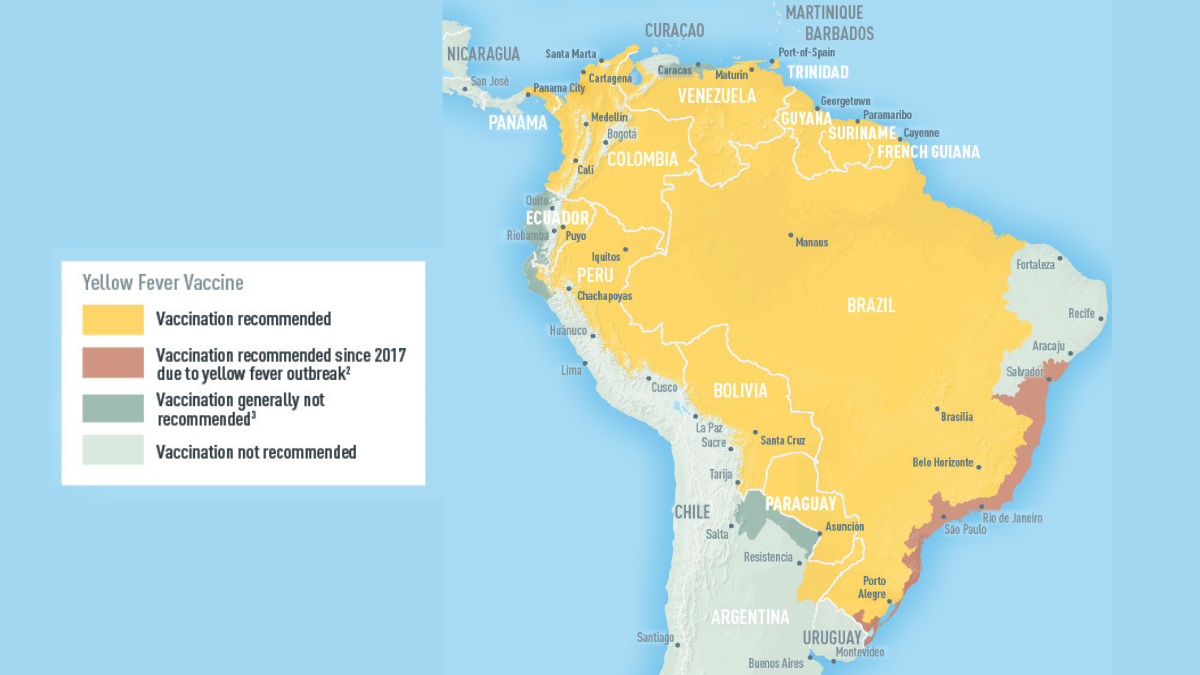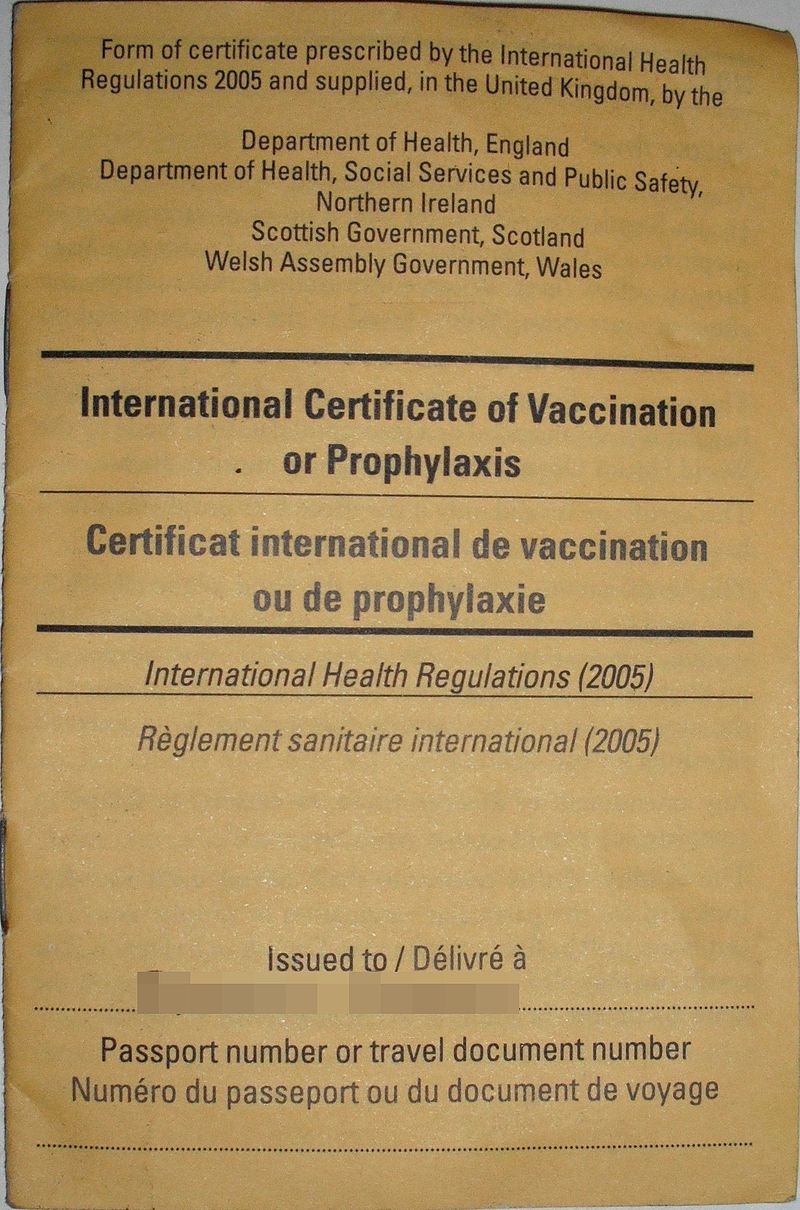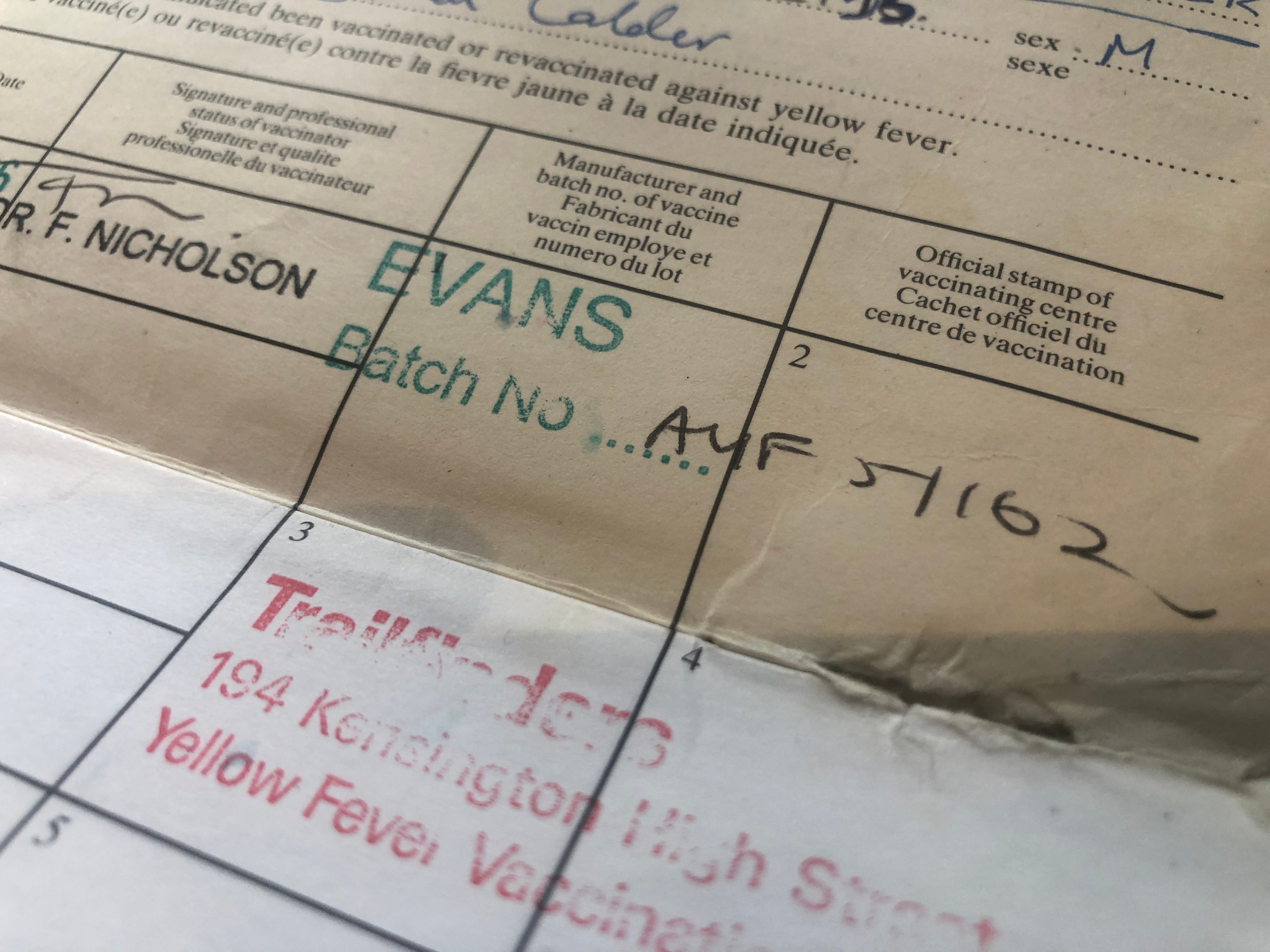The Yellow Fever Certificate: Everything You Need to Know
Traveling to certain parts of the world requires more than just a passport and a plane ticket. One crucial document that often gets overlooked, but is absolutely essential for entry into specific countries, is the Yellow Fever Certificate, also known as the International Certificate of Vaccination or Prophylaxis (ICVP). This comprehensive guide will equip you with everything you need to know about this vital piece of documentation, ensuring a smooth and healthy journey.
What is Yellow Fever and Why the Certificate Matters?
Yellow fever is a serious, potentially fatal viral disease transmitted by infected mosquitoes. It’s endemic to tropical regions of Africa and South America. The Yellow Fever Certificate serves as proof that you’ve been vaccinated against the disease and are therefore protected, or at least significantly less vulnerable, to infection. This certificate is a legal requirement for entry into many countries where yellow fever poses a risk. It’s a crucial public health measure designed to prevent the spread of the disease across borders.
Who Needs a Yellow Fever Certificate?
The requirement for a Yellow Fever Certificate depends on:
- Your destination: Countries in yellow fever risk zones typically require proof of vaccination.
- Your origin or transit: Some countries may require the certificate if you are arriving from or transiting through a country with a risk of yellow fever.
- Age: Generally, the vaccine is recommended for individuals aged 9 months and older. Some countries may have specific age-related requirements.
It’s crucial to check the specific entry requirements for your intended destination well in advance of your travel. You can typically find this information on the embassy or consulate website of the country you plan to visit, or through your local travel health clinic. The World Health Organization (WHO) also provides valuable information and updates on yellow fever vaccination requirements.
Obtaining Your Yellow Fever Certificate: A Step-by-Step Guide
Obtaining a valid Yellow Fever Certificate involves a few key steps:
- Consult a Travel Health Clinic: The first step is to consult with a qualified healthcare professional specializing in travel medicine. They can assess your risk, provide the necessary vaccinations, and answer any questions you have.
- Get Vaccinated: The yellow fever vaccine is administered as a single dose. It’s a live-attenuated vaccine, meaning it contains a weakened form of the virus.
- Receive Your Certificate: After receiving the vaccine, you will be given an International Certificate of Vaccination or Prophylaxis (ICVP), also known as the Yellow Fever Certificate. This document is a standardized form recognized internationally.
- Ensure Accuracy: The certificate must be filled out correctly by the healthcare professional, including your name, date of birth, passport number, and the date the vaccine was administered. It must also be stamped and signed by the vaccinating center.
- Validity: The certificate is valid for life, starting 10 days after the vaccination. This 10-day waiting period is crucial, as it allows your body to develop immunity to the virus.
Key Considerations Regarding the Yellow Fever Vaccine:
- Contraindications: Certain individuals should not receive the yellow fever vaccine, including:
- Infants under 6 months of age.
- People with severe allergies to vaccine components (e.g., eggs).
- Individuals with weakened immune systems.
- Pregnant women (unless travel to a high-risk area is unavoidable).
- Potential Side Effects: Common side effects are usually mild and include headache, fever, and muscle aches. Serious side effects are rare.
- Booster Shots: While the vaccine is now considered valid for life, some countries may still have outdated requirements. Always check the latest entry regulations and consider a booster if the destination requires it.
- Travel Insurance: Consider travel insurance that covers medical expenses in case you contract yellow fever despite vaccination.
The Importance of Planning Ahead
Securing your Yellow Fever Certificate is not something to leave to the last minute. The process requires planning:
- Book Your Appointment: Schedule your appointment with a travel health clinic well in advance of your departure date, as vaccine availability and clinic appointments can be limited.
- Factor in the Waiting Period: Remember the 10-day waiting period after vaccination before your certificate becomes valid.
- Research Your Destination: Thoroughly research your destination’s entry requirements regarding yellow fever vaccination.
- Carry Your Certificate: Always carry your Yellow Fever Certificate with your passport and other travel documents. Keep it in a safe and easily accessible place.
- Verify Your Information: Double-check that all the information on your certificate is accurate and legible.
Yellow Fever Certificate: Conclusion
The Yellow Fever Certificate is an important health and safety measure for travelers visiting regions where yellow fever is prevalent. By understanding the requirements, obtaining the necessary vaccination, and carrying the valid certificate, you can protect yourself and others from this potentially deadly disease. Remember to always check the latest entry requirements for your destination and consult with a travel health professional for personalized advice. Safe travels!
Frequently Asked Questions (FAQs)
1. How long is the Yellow Fever Certificate valid for?
The Yellow Fever Certificate is now valid for life, starting 10 days after the vaccination. However, it’s always best to check the specific entry requirements of your destination, as some countries may still adhere to older guidelines.
2. Where can I get the Yellow Fever vaccine and certificate?
You can obtain the vaccine and certificate from authorized travel health clinics or designated vaccination centers. Consult your doctor or search online for travel health clinics in your area.
3. What happens if I don’t have a Yellow Fever Certificate when I need it?
Entry into a country requiring a Yellow Fever Certificate without proof of vaccination may be denied. You may be required to receive the vaccine upon arrival (if available) and potentially be quarantined. It’s crucial to obtain the certificate before your travel.
4. Can I get the Yellow Fever vaccine if I’m pregnant or breastfeeding?
The yellow fever vaccine is generally not recommended for pregnant women unless travel to a high-risk area is unavoidable. Breastfeeding mothers should discuss the risks and benefits with their healthcare provider.
5. Is the yellow fever vaccine safe?
The yellow fever vaccine is generally considered safe, but like all vaccines, it can have side effects. Common side effects are usually mild, and serious side effects are rare. It’s important to discuss your health history and any concerns with your healthcare provider before getting vaccinated.



